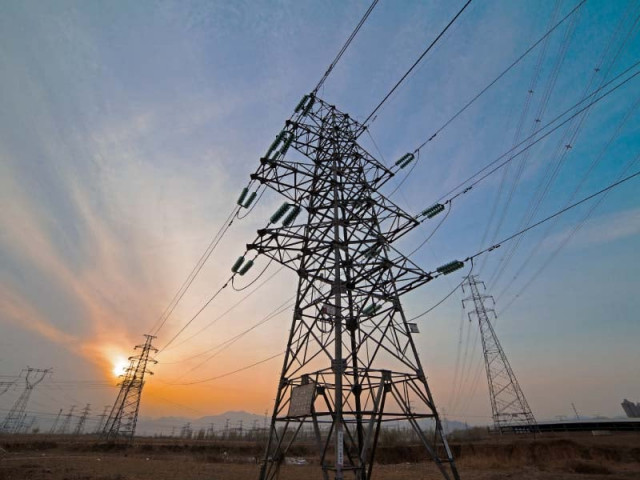Pakistan’s energy-related imports increase 34% to $1.27b
Oil price rally and rupee devaluation reasons behind surge

PHOTO: FILE
Cumulative import of petroleum products and gases stood at one-fourth, or $947 million, in the same month of the previous year, according to the Pakistan Bureau of Statistics (PBS).
“Imports have (partly) increased due to surge in demand emerging from power houses and rising number of cars on the roads,” Sherman Securities’ analyst Sadiq Samin said in a comment to The Express Tribune.
PBC urges Asad Umar to focus on ‘Make in Pakistan’
Power production increased 10% to 13,751 gigawatt-hour (GWh) in July 2018 compared to 12,497 GWh in the same month of the previous year, according to National Electric Power Regulatory Authority (Nepra).
Similarly, the sales of locally assembled cars surged 9% to 21,344 units in July on year-on-year basis, according to Pakistan Automotive Manufacturers Association (PAMA).
Additionally, the notable rebound of 36% in international oil (Brent crude) price to $77.85 per barrel and 19% devaluation of the rupee during the last 12 months have also contributed heavily to elevating the energy import bill in July, the analyst said.
Pakistan excessively relies on energy imports in absence of local oil and gas production. It meets over 70% of its energy demand through imports, according to an estimate.
LNG import
Import of liquefied natural gas (LNG) grew significantly by 144% to $332 million in the month compared to $136.2 million in July 2017 due to inception of several mega LNG-fired power houses in the last one year, according to the PBS.
Pakistan swiftly established LNG-based power plants following the formation of the import infrastructure in the last few years. At present, two LNG import terminals (Engro Elengy and Pakistan LNG) are operational with an installed capacity of 600mmcfd each.
The projects of a cumulative installed capacity of around 4,000 megawatt-hour have also replaced a number of oil-fired power plants.
The shift in power production to gas from furnace oil and diesel also reflected in the import data. The import of refined products dropped 27%. In value terms, it reduced 4% to $556.2 million in the month on a year-on-year basis.
Industry officials including Pakistan State Oil (PSO) CEO and MD Sheikh Imranul Haque have linked the drop in import of refined products to the closure or reduction in the use of oil-fired power plants in the country.
On the other hand, demand for other refined products like petrol and diesel remained on the higher side with improved performance of large-scale manufacturing industries like fertiliser, automobile, cement and steel and increase in number of cars on the roads.
Dialogue 'best way' to resolve conflict between Pakistan, India: PM Imran
Moreover, the trend of increase in crude oil import maintained its uptrend. The import of crude oil surged 4.5% to 0.71 million tons, or 70% to $332 million, in the month.
Samin said the increase in crude’s import may be seen due to expansion of Attock Refinery.
In addition, the increase may also be linked with restoration of operations at the country’s single largest oil refinery Byco Petroleum Limited in August 2017.
The 120,000-barrel-per-day refinery had to suspend its operation after catching fire years ago.
Published in The Express Tribune, August 22nd, 2018.
Like Business on Facebook, follow @TribuneBiz on Twitter to stay informed and join in the conversation.



















COMMENTS
Comments are moderated and generally will be posted if they are on-topic and not abusive.
For more information, please see our Comments FAQ